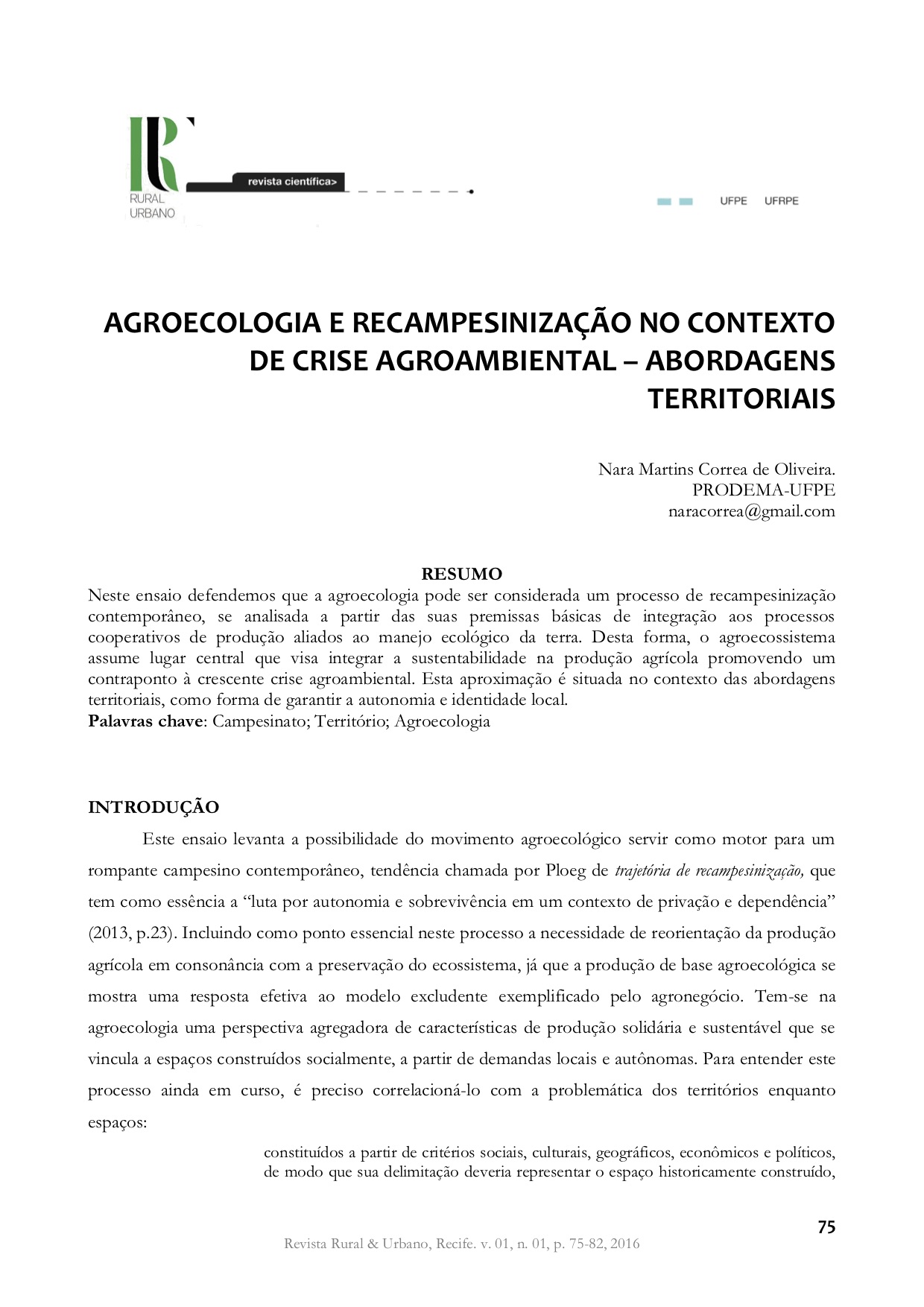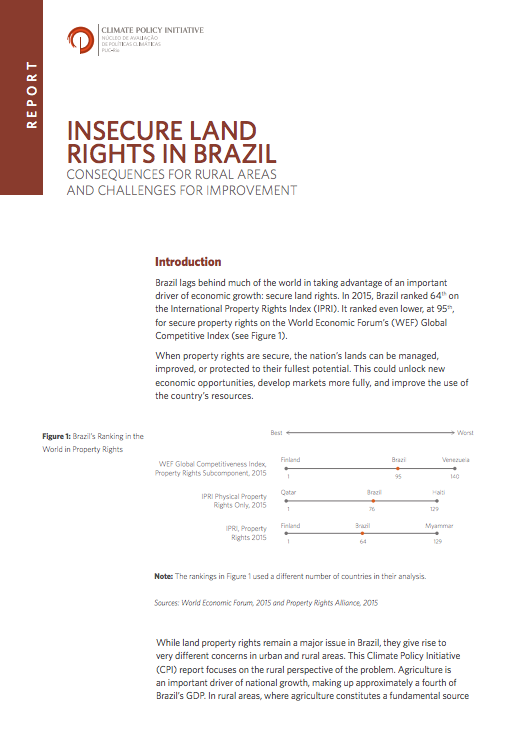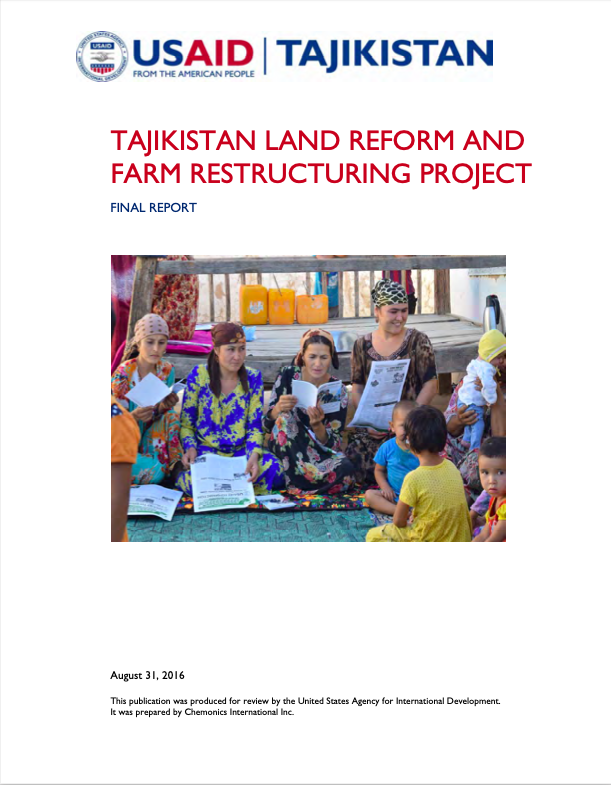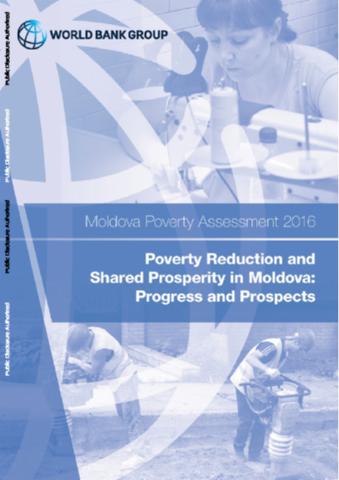Land reform – the solution to rural poverty?
Following the end of apartheid, South Africa’s government set itself ambitious goals with a planned land reform. However, there have since been barely any changes in the country’s agricultural structure, and the positive impacts that were hoped for on rural livelihoods have hardly materialised. A critical assessment of 22 years of land reform policies.








